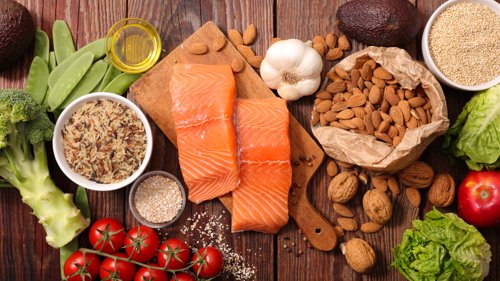
News
What role does diet have on the gut microbiota?
There is currently no definition of what a ‘healthy microbiota’ is, however diversity, stability and resilience are characteristics that have been associated with an optimal gut microbiota.1 We know that the gut microbiota plays a significant role in human health, including, but not limited to, nutrient metabolism, antimicrobial protection and immunomodulation.2
The gut microbiota is vital for the fermentation of non-digestible dietary fibre that passes through the small intestine, which results in the production of short chain fatty acids (SCFA) such as butyrate, propionate and acetate. These SCFAs have a number of beneficial roles, including host energy metabolism.2
The amount of indigestible dietary fibre that reaches the large intestine is largely determined by what we consume, therefore diet is one of the most modifiable factors shaping the bacterial species that are present in our gut. Diets rich in fibre and wholegrains, fruits, vegetables, legumes and pulses have been associated with a more diverse gut microbiota and increased SCFA production. On the other hand, diets high in saturated fat, sugar and processed foods, typically recognised as Western diets, have been associated with a decreased gut microbiota diversity and lower SCFA production.3,4
The content and quality of our diet has a profound impact on the composition and function of our gut microbiota and in turn, our health. Dr Karen Scott (Senior Research Fellow, The Rowett Institute) explains more about the impact of dietary components on gut bacteria and substrate metabolism in her presentation from our Yakult Study Day in June 2019, here.
References
1. McBurney et al. (2019) Journal of Nutrition 11(149):1882-1895.
2. Jandhyala et al. (2015) World Journal of Gastroenterology 21(29):8787-8803
3. Filippo et al. (2010) PNAS 107(33):14691-14696.
4. Singh et al. (2017) Journal of Translational Medicine 15:73.
17/07/2020
